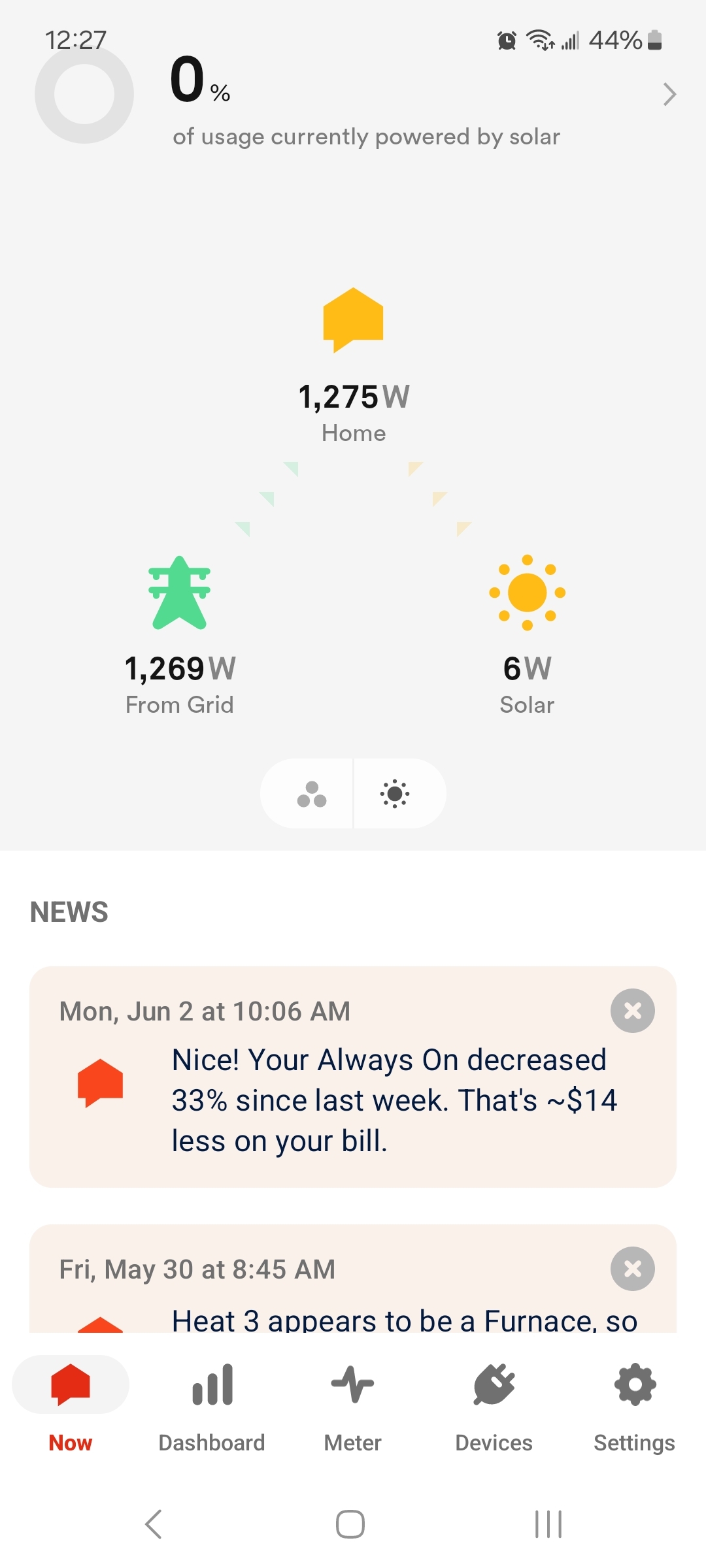I can’t see the link you posted. It goes to a Twitter login page.
Won’t load without a login and the X alternatives, xcancel, unlace, don’t recognize grok content yet.
What do you want to know?
The full url got shared now. The entire conversation can be read l had with Grok. Basically, l wish to figure out how exactly a smart meter more advanced than the electricity meter we used to use 30 years ago.
Smart meters automatically send usage data to the utility company (electricity, gas, water, etc) so they don’t have to come and read it manually themselves. Are you interest in any particular detail about them?
Well yes, how do they read each appliance that we use ?
A standard smart meter can’t exactly. It only measures the energy that is getting consumed into the house or whatever is behind it. But some companies have started to develop energy profiles on appliances though. Say for instance that your washing machine pulls a specific amount of power for 5 minutes, then a different amount for 15 minutes, etc as it runs through the various parts of the cycle. It creates sort of an energy signature that they might be able to tell what it is even if they are only looking at the combined usage of everything in the house. In my experience, this kind if profiling isn’t very accurate, but it might get better over time with AI models.
Sure, so I got a smart meter with my solar panel installation and the big difference is in monitoring.
With the old meters back in the day, you could go read the meter yourself, see what the number is, then check it every day or every week to measure your energy consumption.
With a smart meter, that’s all done through an app, and it uses patterns of energy use to identify individual appliances.




Which app is this ?
I should say too, that was almost 12:30 last night so you couldn’t really see what solar was doing.
Here it is at 9:45 this morning:

Sense - https://sense.com/
They can read them remotely and cut you off without being on site.
Can we delete this for spam? Incredibly annoying
What’s your problem ???
Edit: This is probably the wrong community for asking this question since this community is meant for tech related news. c/asklemmy might be better or !technology@piefed.social allows for discussions on anything tech related.
Smart meters work mostly the same way meters have always worked with one minor difference, they occassionally transmit the current value via a radio frequency. Same as always, you install them at some point where they can measure just how much water/electricity/gas is flowing into the home. The transmitting frequency will be different depending on the device and what country you live in.
If you want to see the details on how water meters measure water flow, go here: https://en.wikipedia.org/wiki/Water_metering
If you want the details on how gas meters work with all of the different sensors for that, go here: https://en.wikipedia.org/wiki/Gas_meter
If you want the details on how electricity meters work, go here and read the “Electromechanical” and “Electronic” sections: https://en.wikipedia.org/wiki/Electricity_meter#Electromechanical
Some newer meters are setup to attempt to guesstimate additional information such as what is being used in your home. For instances with water meters, a small flow of water for a short time can mean the faucet was turned on, or a toilet was flushed. A larger flow for a longer time can mean that the bathtub is being used, or a shower, or an appliance (dishwasher/laundry), etc.
No. There is nobody.
Case closed.Lol





